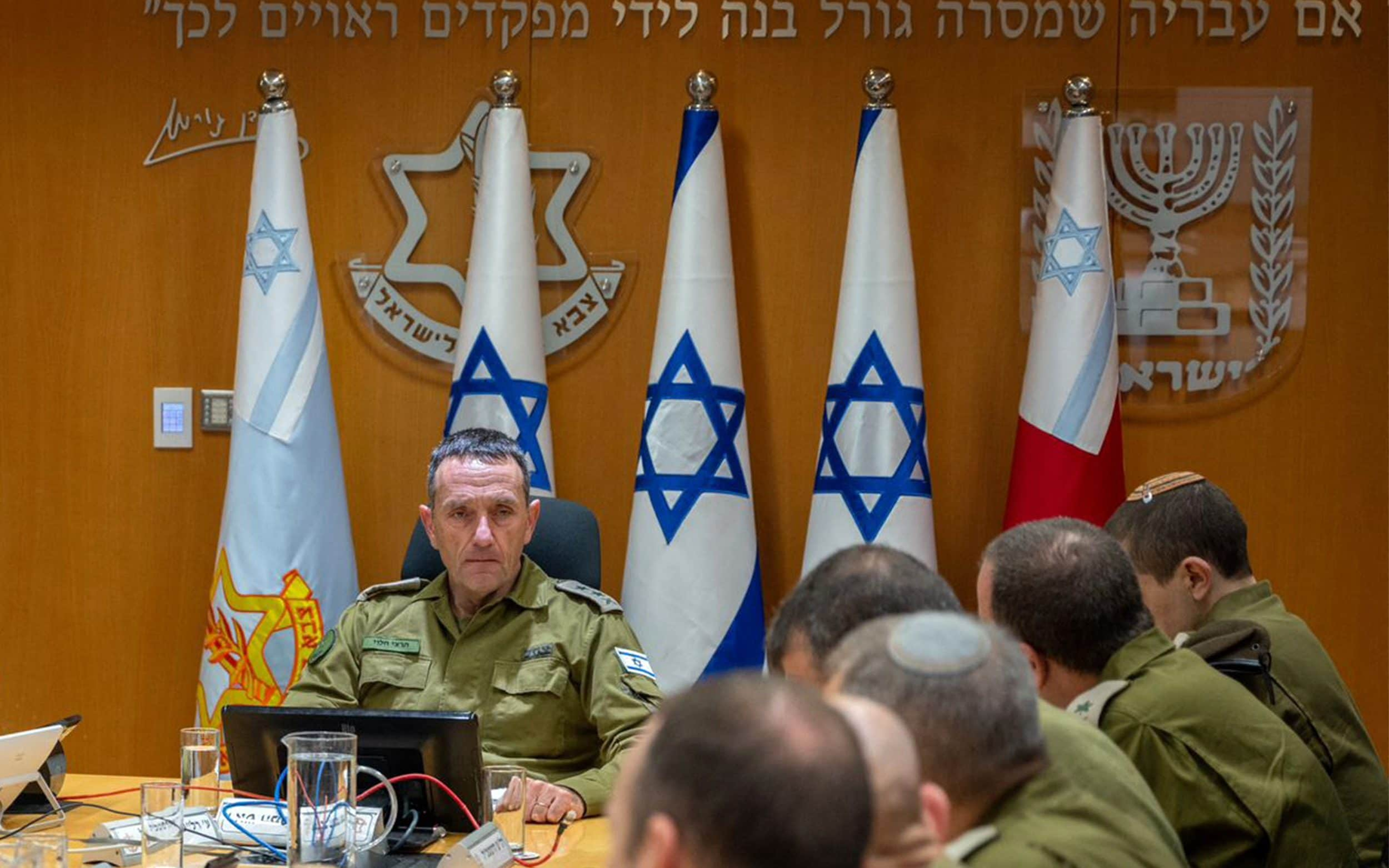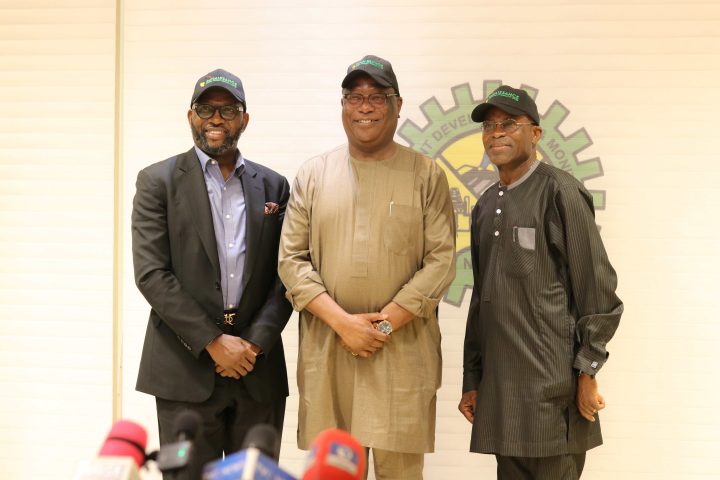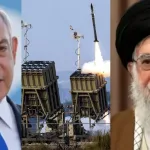Israel’s military chief, Lt. Gen. Herzi Halevi, affirmed on Monday that Israel will retaliate against Iran’s recent assault but refrained from specifying the timing and method, amid global calls for de-escalation in the Iran-Israel Crisis.
In a significant escalation of tensions, Iran launched a barrage of drones, ballistic missiles, and cruise missiles at Israel over the weekend. This attack, purportedly in retaliation for an earlier Israeli strike on an Iranian consular building in Damascus, marked the first direct military confrontation between the two nations since Iran’s 1979 Islamic Revolution.
Join our WhatsApp ChannelIsraeli defenses intercepted 99% of the incoming drones and missiles, with minimal damage reported at the Nevatim air base in southern Israel, the site of the Israeli military’s response announcement.
Prime Minister Benjamin Netanyahu, in ongoing discussions with top officials, reiterated Israel’s commitment to self-defense, asserting that “Israel will do whatever is required to defend itself.”
READ ALSO: Iran-Israel Crisis: Why Iran Attacked Israel, What Next?
However, amid mounting international pressure to avoid further escalation, Israeli leaders are treading cautiously. The United States, a key ally, has urged restraint, emphasizing the importance of diplomatic solutions to the conflict.
Maj. Gen. Pat Ryder, Pentagon press secretary, reiterated the U.S. stance, stating, “We don’t want to see escalation,” while underscoring the need to protect American forces in the region.
The U.S. has been actively engaged in strengthening ties between Israel and moderate Arab states to counter Iran’s influence. This alliance, facilitated by the U.S. Central Command, includes countries such as Jordan and Saudi Arabia.
While Israel’s interception of Iranian weapons indicates tacit cooperation with Saudi Arabia, a unilateral Israeli strike could strain these diplomatic efforts and escalate tensions further.
The Iran-Israel Crisis has unfolded against the backdrop of ongoing conflicts, including Israel’s six-month war in Gaza against Hamas militants. Additionally, skirmishes with Iranian-backed groups in Lebanon, Iraq, and Yemen have heightened regional instability.
World leaders have called for restraint, emphasizing the need to prevent a cycle of violence in the Middle East. British Prime Minister Rishi Sunak and French President Emmanuel Macron have urged Israel to refrain from escalating the situation.
Meanwhile, U.S. Secretary of State Antony Blinken has pledged continued support for Israel’s security while advocating for diplomatic solutions and increased pressure on Iran.
As Israel weighs its response, the international community remains on edge, hoping to avoid a further escalation that could plunge the region into deeper conflict.
Emmanuel Ochayi is a journalist. He is a graduate of the University of Lagos, School of first choice and the nations pride. Emmanuel is keen on exploring writing angles in different areas, including Business, climate change, politics, Education, and others.
- Emmanuel Ochayihttps://www.primebusiness.africa/author/ochayi/
- Emmanuel Ochayihttps://www.primebusiness.africa/author/ochayi/
- Emmanuel Ochayihttps://www.primebusiness.africa/author/ochayi/
- Emmanuel Ochayihttps://www.primebusiness.africa/author/ochayi/



















Follow Us